In the most recent episode of our podcast, we had an insightful conversation with Jeff, a former DoorDash driver who navigated the tumultuous terrain of the gig economy. Through his experience and extensive research, Jeff brings to light the realities and risks of gig work that often go unnoticed.
Listen to the full episode here
The gig economy, while providing an opportunity for flexible work, has a darker side. According to Jeff, app companies cap independent contractors’ income and the impact of fluctuating gas prices significantly affects earnings. Moreover, these companies exploit their workers by taking advantage of their desperation and lack of information.
Jeff started his gig career three years ago during the pandemic. Initially, driving for DoorDash seemed like a great way to make a living while having some freedom. However, as he navigated different markets and interacted with the app, he quickly realized the many challenges gig workers face.
Jeff shared how fluctuating earnings, hidden expenses, and looming uncertainty characterize the gig economy. The income is not stable, and it’s influenced by various factors such as the market, location, and even gas prices. The expenses, on the other hand, are often hidden and can significantly eat into the earnings of gig workers.
This episode also touched on the unethical practices of companies like DoorDash. Jeff argues that these companies exploit their workers by capping their earnings and turning a blind eye toward labor laws and protections. He believes that informed consent is crucial in the gig economy, and workers should be fully aware of what they’re getting into.
In Jeff’s view, the gig economy is a form of corporate predation. It raises serious concerns about corporate accountability and the inherent risks associated with gig work. He asserts that these companies design their platforms in a way that leaves the workers at a disadvantage, raising questions about the legitimacy of the gig economy as a form of business.
Jeff’s experiences and research into the design and behavior of these companies make us question whether the gig economy can be considered a legitimate form of business. It’s crucial for gig workers to be aware of these realities and make informed decisions about their work.
In conclusion, while the gig economy offers flexibility and the potential for earning, it also comes with its fair share of challenges and risks. As we navigate this new world of work, it’s essential to be aware of these realities and make informed decisions. Whether you’re a gig worker or considering becoming one, this episode is a must-listen as it sheds light on the often-overlooked aspects of the gig economy.
